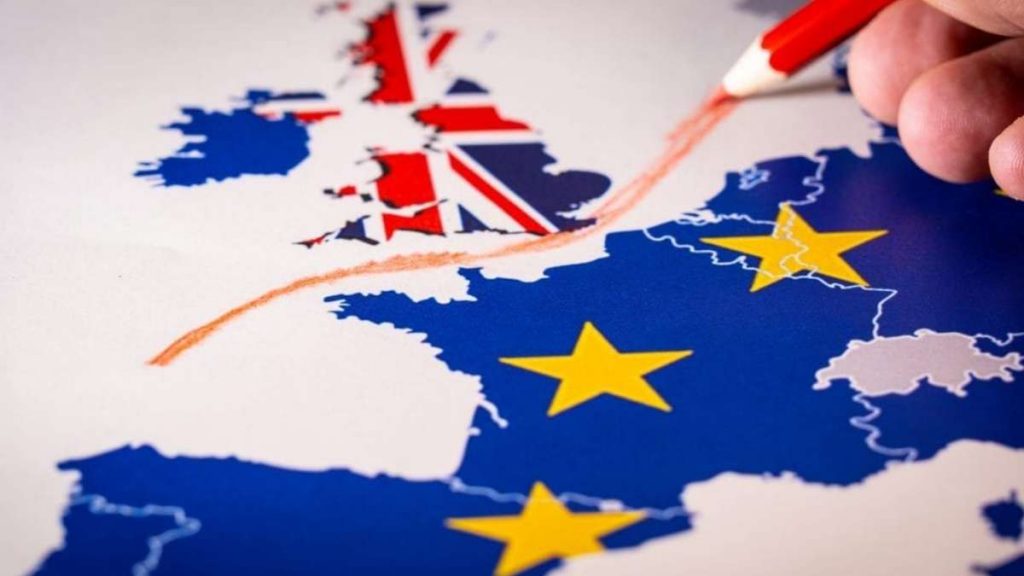Brexit is probably the most influential and the most talked about geopolitical event in Europe since the fall of the Soviet Union. Although there were always advocates, pushing the UK to leave the EU block, it suddenly became a reality and Great Britain with Northern Ireland held a referendum which set in motion the affair for the country to move away from further integration with most of the other European countries. This happened at almost the same time as PSD2, the revised payment services directive came in force. But what are the effects of PSD2 and Brexitfor one another and what does the future hold for the financial markets of the United Kingdom? Let’s find out!
PSD2 in a Nutshell
The Second iteration of the Payment Services Directive covers the ins and outs of how the European digital payments market should operate from now on. The directive is very unique and powerful, in the sense that it opens up the world of digital finance for more businesses but focuses heavily on the security and integrity of financial data.
The market was broadened after the implementation but with the UK leaving the EU, how beneficial can this legislation really be, right? Well, as it turns out – a lot!
The EU and the UK are and forever will be interlinked with one another, having thousands of areas with common interests, especially economically. There are a lot of UK businesses with clients and interests in Europe, as well as vice versa. Thus, being able to service the aforementioned customers is vital for the success of said businesses. From the UKs standpoint, if they wish to keep accommodating and meeting the needs of their EU clients, they have to account for PSD2. And it seems that they already have with their own Open Banking act, based heavily on the PSD2.
Brexit Effects on Providers of Payment Services
Arguably the largest impact of Brexit is being felt by the organizations that provide payment services. By trying to establish a unified payment area within Europe, PSD2 strived for overall integration within the borders of the EU. However, as the United Kingdom decided to leave the UK, remaining a part of a unified (more convenient) payment service environment became much more challenging.
From the UK, a lot payment providers have established a foundation to somewhat retain access to passporting rights, provided by PSD2. Furthermore, UK’s own legislators permitted financial institutions to continue operation as normal with a prolonged period for the implementation of the regime, decided to be enforced after Brexit, so that they can fully prepare and minimize disruptions.
These postponements of implementation allow local institutions in the post-Brexit UK to have 36 more months for preparation which is necessary for them.
One more negative effect on payment service providers from the UK was the decision by the EBA (European Banking Authority) to revoke their eIDAS certificates. The decision to revoke affects every single Third-Party Provider. So, there is the added difficulty of being licensed once again, under a different regulatory environment.
The FCA, monitoring the transition on the end of UK, has propositioned some changes to the SCA and other relative areas to make integration with the now separate EU market easier.
What Does the Future Hold?
Whilst now operating and being regulated independently, the digital payment spaces of the United Kingdom and the European union remain closely tied together. It’s challenging (more so for the UK side) for businesses to adapt to this new normal. Although it has created a new set of challenges, regulators are trying to find more ways to alleviate the difficulties.
